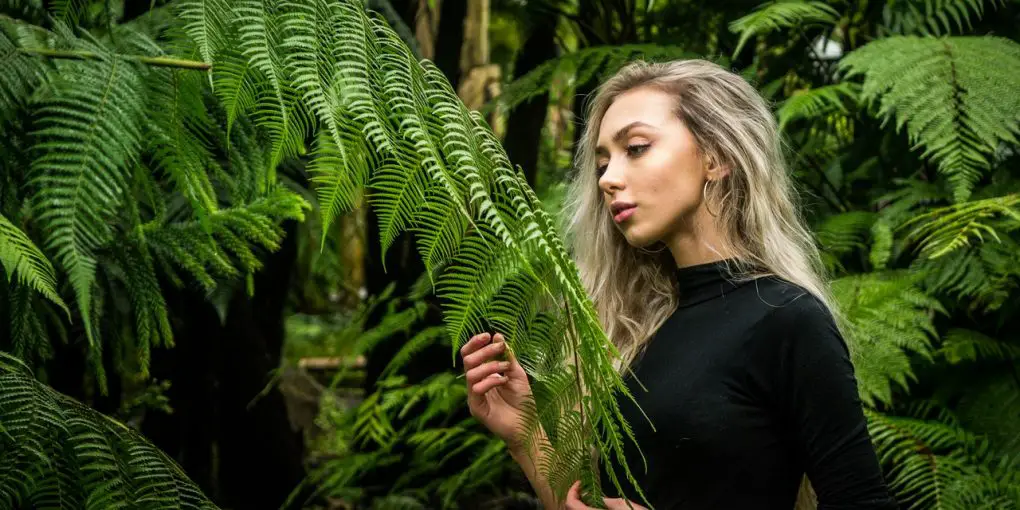Hydrogen Peroxide: It’s Effect and Benefits to Your Plants
Hydrogen peroxide is a common household item with multiple applications in health care, including serving as a disinfectant, aiding in ear wax removal, functioning as mouthwash, and acting as toothpaste. It also serves as an excellent aid for beauty, known for its use in hair bleaching and as an ingredient in hair coloring products for many years. Additionally, it is effective for cleaning purposes. While it may be less recognized for this purpose, hydrogen peroxide can also be advantageous for plant health.
Is Hydrogen Peroxide Safe for Plants?
Many people might be a bit concerned with using hydrogen peroxide on their plants when considering its other uses. However, when used in the right concentration, not only is it completely safe, but it is actually beneficial to the health and growth of the plant. For details of the benefits, individuals can find help over at Agron.
The chemical makeup of hydrogen peroxide is H2O2. Basically, it is water with an extra oxygen molecule, but that extra molecule goes a long way. In higher concentrations, hydrogen peroxide may be a problem for plants, but in the dilutions commonly found, it is actually very beneficial for plants.
Hydrogen peroxide normally comes in a 3% dilution at the store. However, it can be found in concentrations of up to 35%. It is also recognized by the EPA as being safe for plants and the environment due to its rapid breakdown into oxygen and water. It is also an acceptable product when growing organic crops.
Pest Control
Hydrogen peroxide is great for eliminating pests on or around the plants. When using a 3% hydrogen peroxide solution, mix one part with two parts water in a spray bottle. Spray the stems and leaves daily with a light mist for one week, then spray once a week. Store the mixture in a cool, dark place to keep the hydrogen peroxide from decomposing.
Fungal and Bacterial Treatment
Hydrogen peroxide is a good idea to get rid of fungus and bacteria that may infect the plants. A simple solution using the 3% hydrogen peroxide can go a long way to help treat these common plant problems. Simply use one pint of water with four teaspoons of hydrogen peroxide in a spray bottle.
Cuts and bruises in the plant tissue can allow bacteria to enter and damage the plant. Spraying any fresh cuts or marks from pruning with the solution will kill the bacteria. Fungus or mold can often grow on the leaves or even the stems of a plant, spraying the affected areas with the solution will kill the fungus.
Fertilizer Booster
Hydrogen peroxide is not a fertilizer on its own. However, it can actually make it easier for plants to get the nutrients from the fertilizer added to the soil. The extra oxygen molecule better enables to roots to absorb the nutrients while discouraging bacteria or fungus growth on the roots.
Simply take the 3% hydrogen peroxide and add one tablespoon per cup of water. Pour the solution directly into the soil at the base of the plant. For those planting in large areas, they may find it more economical to use the 35% solution. However, this stronger version requires additional safety precautions.
Seed Pretreatment
Seeds can benefit from being pretreated with hydrogen peroxide. It can kill any fungus or bacteria on the seeds. Not only will it protect these seeds, but it will also prevent any bacteria or fungus from being introduced into a garden. One teaspoon of 3% hydrogen peroxide in one cup of water is enough to soak the seeds. Remove after 30 minutes then rinse well with clean water. Use the seeds immediately after this process.
It is important to take care when using hydrogen peroxide. It is recommended that individuals wear gloves when working with it. It is also important to be mindful of any changes in plants when using hydrogen peroxide. Some plants may become photosensitive, possibly damaging their foliage.



